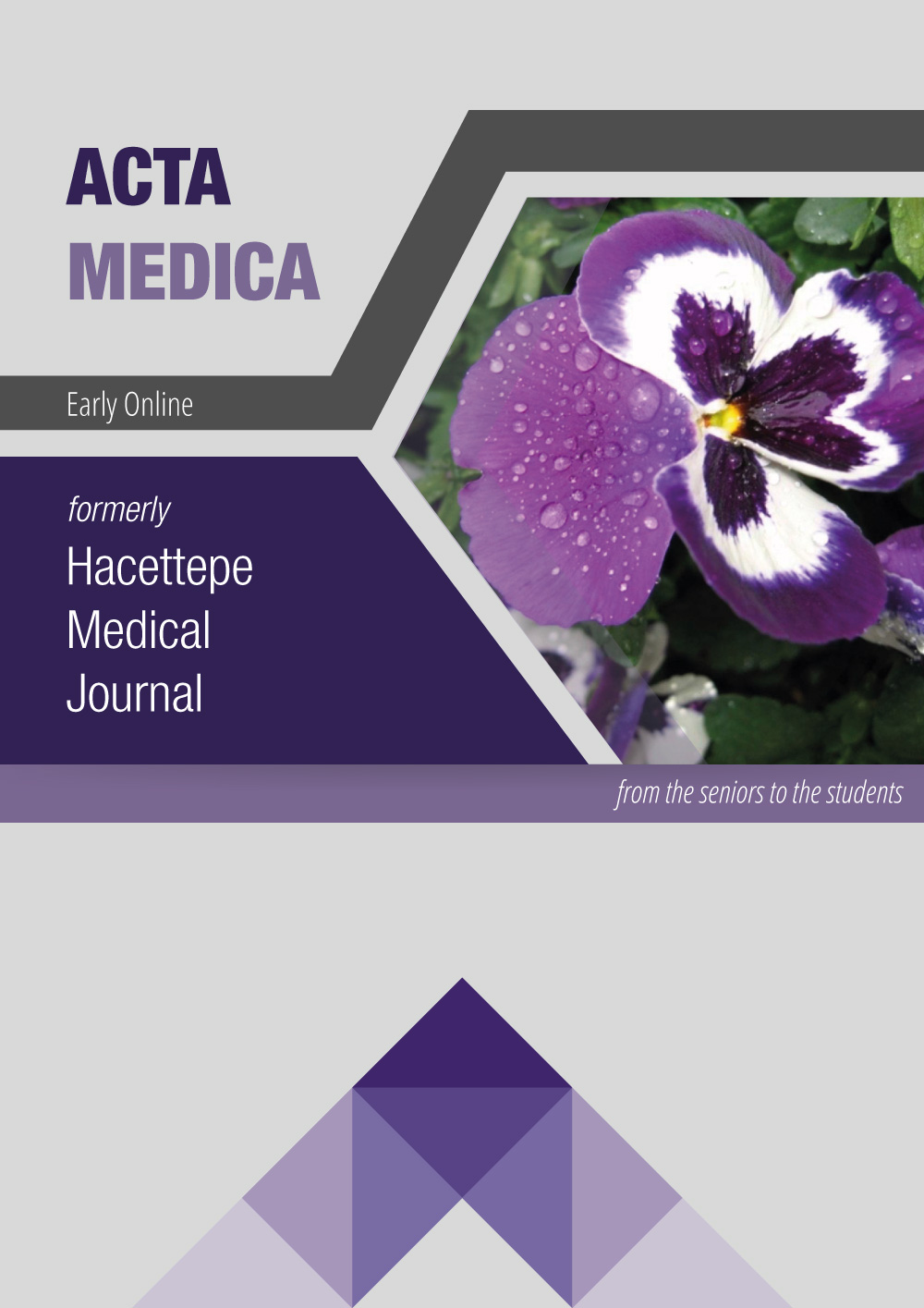Does Advanced Maternal Age Increase the Risk of Adverse Perinatal Outcomes?
Abstract
Objective: To compare the perinatal outcomes of advanced maternal aged women (≥ 35 years) to the controlgroup (20-35 years) in a tertiary hospital. Material and methods: This study was conducted on 2152 women who gave birth between 1st January and 31st December 2011. The ‘study group’ was comprised 537 pregnant women aged ≥35 years and the ‘control group‘ was comprised 1615 pregnant women aged between 20-35 years. The maternal and fetal outcomes of two groups were compared statistically. Results: The incidence of preterm delivery was significantly higher in the advanced maternal aged women group (14.5% vs 6.6%, p<0.001). Low birth weight, very low birth weight babies and intrauterin growth restriction were also significantly higher in this group (7.1% vs 4.6%, p= 0.01, 5.2% vs 0.9%, p<0.001, and 8.2% vs. 4.8% p=0.003, respectively). Although cesarean section rate was significantly higher in the study group (34.8% vs. 26.6%, p<0.001), emergency cesarean section rate was significantly higher in the control group (29.4% vs 40%, p=0.01). Pregnancy induced hypertension and gestational diabetes mellitus were significantly higher in the older women compared to control group (p<0.001, OR: 2.2, 95% Cl:1.5-3.5 and p=0.01 OR: 1.89, 95% Cl:1.2-2, respectively). Conclusion: Pregnancies with advanced maternal age have higher risk of maternal and fetal complications. The most crucial risks for older pregnancies are pregnancy induced hypertension and gestational diabetes mellitus. The cesarean section rates are also higher in older pregnant women.
Key words: Maternal age; Pregnancy complications; Cesarean section


